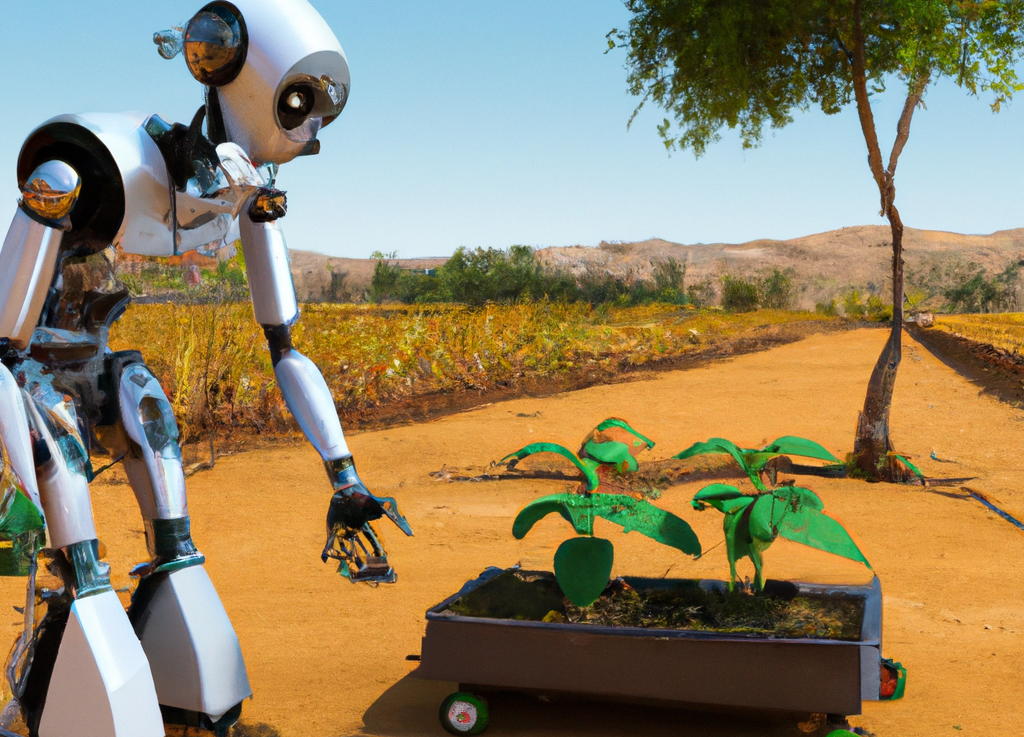The international development and social impact sector is a constantly evolving field, with new technologies and innovations constantly emerging. One of the latest breakthroughs in this space is the advent of ChatGPT, a language model developed by OpenAI, which could revolutionize how we work in this field.
ChatGPT is an AI or machine learning model that has the ability to understand natural language and generate human-like text. It can assist development professionals in various tasks, from finding information and translating documents to creating reports. This can greatly improve communication and collaboration within the development sector, making it easier for organizations to share information and work together more effectively.
But the implications of ChatGPT go beyond just improved communication. Its ability to extract insights from data can have a huge impact on the effectiveness and efficiency of development projects. For example, ChatGPT can be used to analyze project monitoring and evaluation reports, providing organizations with a better understanding of the impact of their work. It can also be used to analyze social media data, providing organizations with valuable information on what people say about their projects and how they can improve.
Furthermore, ChatGPT can also play a critical role in knowledge management, which is essential for international development and social impact work. The model can be used to create automated tools for document summarization, which can help development professionals quickly find relevant information and stay up-to-date with the latest research and best practices. This can greatly improve the ability of organizations to share and disseminate information, helping them to learn from each other and continuously improve their work.
While ChatGPT has the potential to revolutionize the development sector, it is important to consider the ethical implications of this technology. Organizations need to ensure that the model’s output is unbiased and does not perpetuate harmful stereotypes, and to continuously monitor for any bias. Furthermore, technology should be used to augment the work of development professionals, not to replace their jobs or undermine their roles.
In conclusion, ChatGPT represents a breakthrough in international development and social impact work. Its ability to understand natural language and generate human-like text has the potential to greatly improve communication, collaboration, and knowledge management in the sector. However, it is important to use this technology responsibly, by addressing its potential biases and ethical implications and continuously monitoring its output. With the right approach, ChatGPT has the potential to make a significant positive impact on the communities that the development sector serves.
